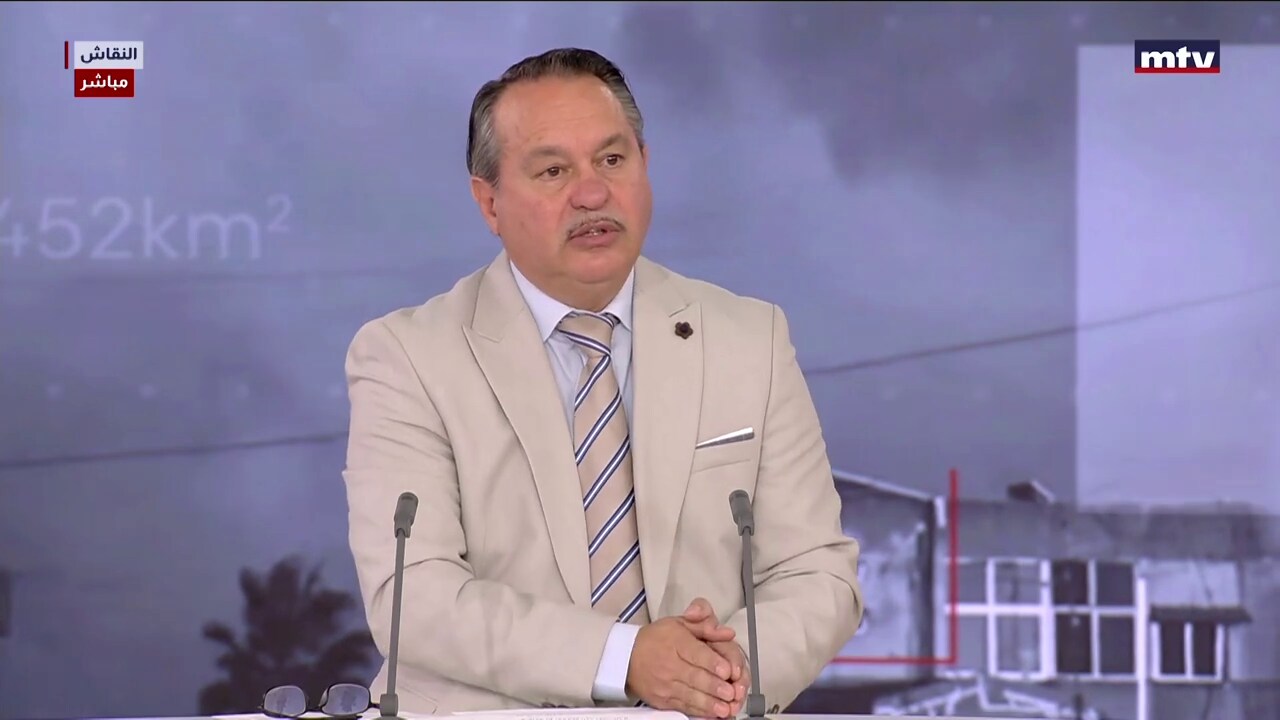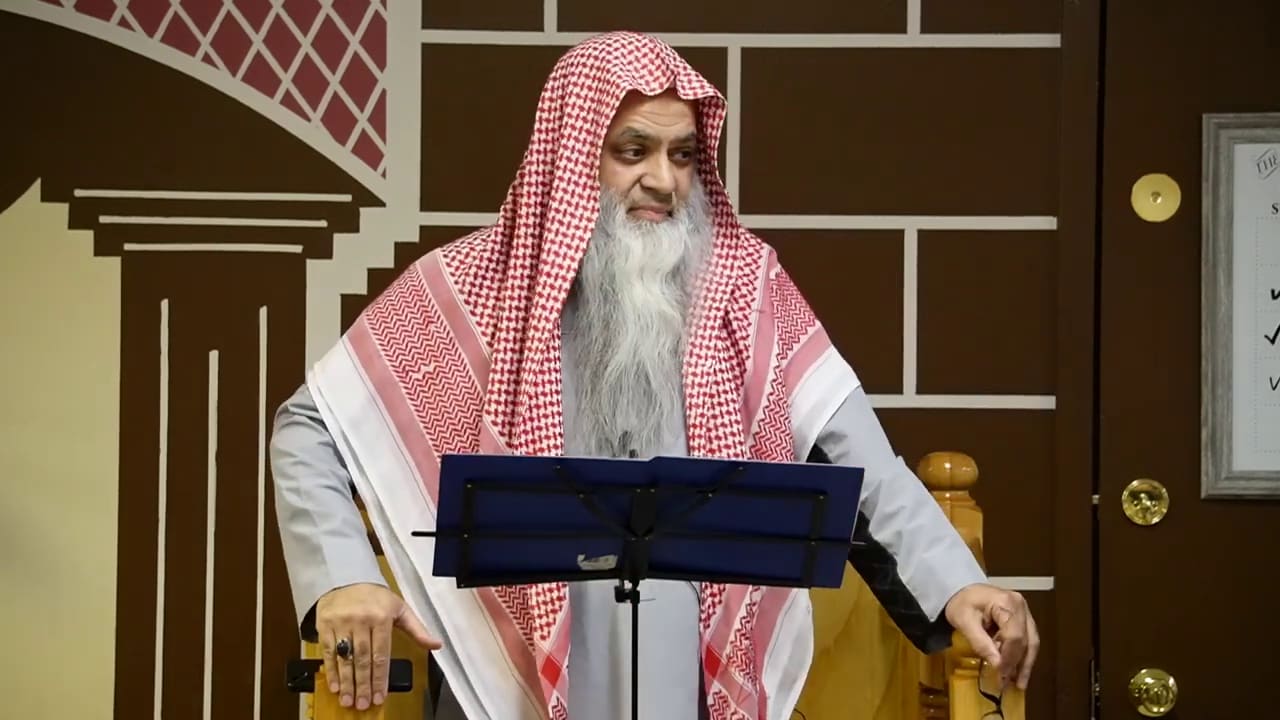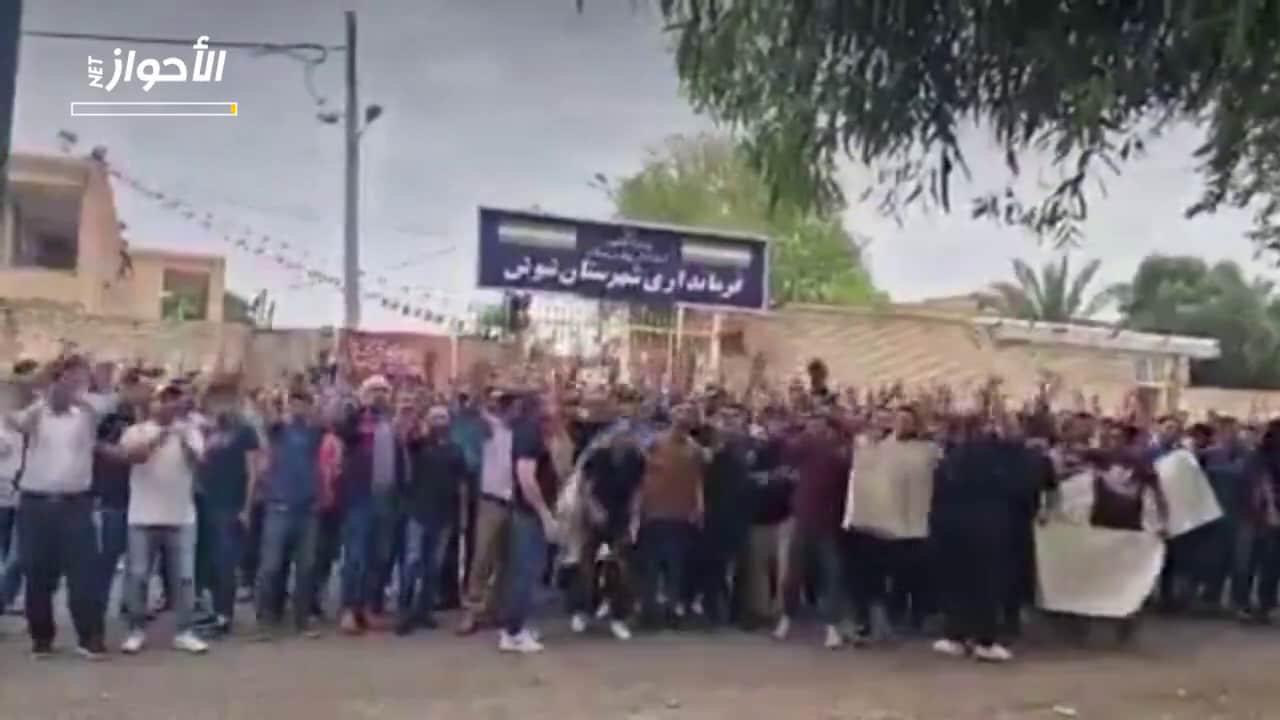
Following are excerpts from an interview given by Deputy Head of the Political Bureau of Hamas, Musa Abu Marzouq, which aired on Dream 2 TV on February 13, 2006.
Interviewer: Hamas has to determine its position. Does it support a state within the 1967 borders – the West Bank, the Gaza Strip, and Jerusalem as the capital – or does it support a state within the 1948 borders?
Musa Abu Marzouq: We presented a platform...
Interviewer: Because Hamas is talking in two voices - to the Palestinians it says 1948, and to the foreigners it says 1967.
Musa Abu Marzouq: No, no. Hamas... Hamas is clear on this matter. Hamas believes that historical Palestine, that is, all of Palestine, belongs to the Palestinian people.
Interviewer: "Historical Palestine" means 1948.
Musa Abu Marzouq: We say that all of Palestine, from the [Jordan] River to the [Mediterranean] Sea, belongs to the Palestinians. They have a legitimate right to this land.
Interviewer: That's the voice directed at your own people, while the voice directed outside speaks about 1967.
Musa Abu Marzouq: We use one voice in all forums. But we also say that we are dealing realistically with the current phase - an independent Palestinian state with full sovereignty over the West Bank, Jerusalem, and the Gaza Strip. That is what we presented to our people in our elections platform.
Interviewer: Is this a partial or phased solution?
Musa Abu Marzouq: Yes, it is a temporary and phased solution. This is not the permanent solution.
[…]
Interviewer: Can I, or the viewer, conclude from this commentary that Hamas, according to this interpretation, will recognize everything resulting from the Oslo Accords?
Musa Abu Marzouq: Of course not. First of all, the Oslo Accords were signed between the PLO and Israel. Secondly, the Palestinian Authority is not an interested party in political dealings or in the agreements with Israel. We...
Interviewer: What "Authority"?
Musa Abu Marzouq: By Authority, I mean the government.
Interviewer: It is not committed to the agreements?
Musa Abu Marzouq: It is not party to these agreements.
Interviewer: Then who is?
Musa Abu Marzouq:The PLO. Our next step will be to reform the PLO, and to reorganize it on the basis of the proper principles. Afterwards, all the political issues will be opened.
Interviewer: But Hamas is outside the PLO.
Musa Abu Marzouq: True, but it will be inside it. This is the third article of the Cairo Agreement. I said at the beginning that there are two phases – the phase that has past, the phase of the present, and the phase of the future. The phase of the future includes the rebuilding of the PLO.
Interviewer: Dr. Musa, when Hamas and Khaled Mash'al talk about a long-term hudna with Israel – doesn't this mean recognizing Israel? What does a long-term hudna mean? It means recognition.
Musa Abu Marzouq: There was a long-term hudna between all the Arab countries and Israel from 1948 until 1967, but none of these countries recognized Israel.
Interviewer: All the Arab countries recognize Israel.
Musa Abu Marzouq: I am talking about the period of the long-term hudna, about which you asked. You asked if a long-term hudna means recognizing Israel, and my answer is no. After all, there was a hudna from 1948 until 1967, and no Arab country recognized Israel.
[...]
As long as an occupation country is present in the territories of '48... '67... in the West Bank, the Gaza Strip, and Jerusalem, cooperation with these occupying authorities is only natural. But recognizing this occupation as legitimate is another matter. I realistically maintain cooperation with the occupying authorities on all daily matters. The Health Ministry may have ties with the occupation, the Ministry of Social Affairs may have ties with the occupation, the Agricultural Ministry may have ties with the occupation, the water and electricity authorities may have ties with the occupation. There will be natural cooperation.
Interviewer: In all these there will be natural cooperation with the occupation.
Musa Abu Marzouq: All these authorities will cooperate with the occupation, yet they will not recognize the occupation as legitimate.
Interviewer: How can you not recognize the occupation as legitimate, while Israel says it will not cooperate with the Authority under Hamas, unless it recognizes Israel?
Musa Abu Marzouq: What have we done from 1967 until now? Since 1967 we have been cooperating daily with the occupation authorities, in all aspects of daily life, yet we do not recognize the occupation as legitimate. We still believe this occupation must leave, and that is why we are fighting it.
Interviewer: Isn't there a new source of legitimacy, a new reality on the ground - the Oslo Accords, the PA, a Palestinian president called Mahmoud Abbas?
Musa Abu Marzouq: Yes, we will rectify all the mistakes of the past by lawful and legitimate means, because the problem was that we would get promises, but something else would happen on the ground. All this must be rectified in the future.
[...]
As for the issue of negotiations, nobody in Hamas said that negotiating is forbidden from a religious perspective. We rejected the negotiations on political grounds. It has nothing to do with religious law. It has nothing to do with what is permitted or forbidden by religious law. This has to do with interests. That is why we say that negotiations are possible, yet they may still be deemed "forbidden," or "permitted," or "reprehensible" - all classifications of the religious law may still apply. How? On the basis of our interests.
We believe that it is in the Palestinian people's interests not to hold negotiations until we generate a real change in reality.
Interviewer: Will there be negotiations?
Musa Abu Marzouq: I'm telling you that political negotiations – yes.
Interviewer: p> Will there be negotiations between Hamas and Israel, yes or no? I refer to Hamas as the authority, after the government is formed.
Musa Abu Marzouq: The Palestinian government will talk to the Israelis about all the current issues…
Interviewer: The Palestinian government led by Hamas?
Musa Abu Marzouq: Yes. It will talk to the Zionist enemy about all the important issues.

















